|
I am thrilled to share an exhilarating update that aligns with our collective pursuit of excellence and intelligence in our field.
Our highly anticipated whitepaper, a testament to our commitment to innovation and sustainability, is currently in the final stages of editing. We are meticulously refining every detail to ensure it embodies the highest standards of quality and forward-thinking insights. This whitepaper not only encapsulates groundbreaking ideas but also underscores our dedication to equality and inclusivity in the future landscape of our industry. We are on track to make this invaluable resource available to you within the next 12 days. Your patience and continued support are immensely appreciated as we put the finishing touches on this significant project. Thank you for your unwavering commitment to innovation and excellence. Together, we are shaping a brighter, more intelligent, and sustainable future. - Dr Tuuli Bell ps. Join the waitlist for the Sustainable ITSM whitepaper & share with your friends (https://www.sustainableitsm.com/)
0 Comments
Figure 1: A change of perspective helps re-frame problems. Digital innovation and sustainability can work in harmony as we research and adopt innovative solutions. ©2021 Dr Tuuli Bell Every year, the world generates 4,500 Eiffel towers worth of electronic waste (e-waste), enough to transform into 125,000 life-size jumbo jets [1]. Looking at such numbers can be numbing, so let’s change our perspective and focus on solutions. If there’s anything my SPIN training (sales training, not the cycling sort) has taught me, it is that behind every pain lies opportunity. The citizens of this world are taking action [2]. Consequently, governments are increasingly making it a legal requirement for companies to care about sustainability. Triple bottom line (TBL) that includes social and environmental metrics in addition to financial ones, is no longer an optional extra for large companies in the UK [3,4], for instance. But what is the role of IT and digitalization, not forgetting all that e-waste, in a sustainable future? ITIL and SDGs: outcome-driven and adaptable frameworksFrameworks help organizations to make sense of data, processes and complex structures. Sustainable IT is no exception. The natural frameworks for sustainable IT include ITIL and Sustainable Development Goals (SDGs). As a very short introduction to ITIL [5], it is a framework that helps manage service lines in your organization. ITIL was originally developed for managing internal government IT services. Albeit still a favorite amongst IT professionals, ITIL is equally valid for pure business services. Personally, I find it very exciting how ITIL as a framework has been successfully evolving; and continues to do so with the latest incarnation of ITIL4. The earlier referenced book ITIL4: Sustainability in Digital and IT, AXELOS, digital edition, 20211 demonstrates the power of the framework and its adaptability to new domains. Similarly, the United Nations (UN) SDGs [6] were created for developing countries and their governments; aiming to bring equity to our world’s citizens. Each of the 17 goals concern Environmental, Social or Governance (ESG) aspects. Again, pioneering companies have adopted the framework into business environments. They are helping the commercial sector, at the very least, become more sustainable and with any luck, drive the green revolution [7]. Put together, the aforementioned frameworks give a solid foundation for sustainable IT. IT can help get to the UN Goals faster, e.g. enabling dematerialization through digitalization [1] (SDG 12: responsible consumption and production) or bringing equity and supply chain transparency through blockchain1 (SDG 8: decent work and economic growth and SDG 10: reduced inequalities). However, the influence is two-sided: sustainability can also drive IT innovation. An example is SDG Monitor [8], a visual dashboard tool that helps companies analyze and communicate their ESG impact to and of their suppliers, employees and customers. Similarly, the need for paperless processes combined with automation helps FlowForma reduce their customers’ carbon footprint [9]. Importantly, pioneering companies such as Fl@tWorld have built low energy usage into their platform [10] without compromising functionality and security. Sustainability has inspired a wave of new thinking and SDGs can be adapted to technology-driven areas such as sustainable presales [11], tourism [12], watch-making [13], construction [14], biodiversity valuations [15], or e-waste [16], to name just a few; pushing the boundaries of creativity, process innovation and technology. ConclusionIn summary, sustainable IT is about working to make the world a better place through technology. The work can be direct such as creating low-energy usage applications and paperless processes; or indirect such as building sales organizations that support sustainability customers. Whichever way we choose to influence, it is all about taking action, measuring progress and focusing on outcome. What can we all do to make the world a better place? One of my favorite resources is the Lazy Person’s Guide to Saving the World [17]. For those into technology, Giki Zero [18] is a tool that helps you track your personal goals easily. Ellen MacArthur Foundation [19, 20] provides in-depth guidance about circular economy, a way of living and working sustainably. Amidst the climate change emergency and biodiversity crisis, we should remember that as a community of humans, we are capable of near miracles. As a society, we have come to appreciate community, mental wellbeing, and helping of others in unprecedented ways. By building positive distractions and bite-size learning, we can influence behavioral change across communities. And truly, change the world. References
How can we simplify sustainability, so that we can explain it to everyone? What are our specific actions in 2021 and 2022? I am delighted to be a co-organiser for a live Q&A with Esteban A Guerrero on 20 October at 5 pm BST where we discuss sustainability for businesses. You can book your place via Eventbrite. Deriving subject matter from Esteban’s articles and wider circular economy research around breaking down the concept of sustainability so that it can be explained even to a 5 year old, he will be the lead speaker, taking prompts from the following 3 headers:-
Please note that the event is a Zoom meeting, to allow participants to join in the discussion. The event will be recorded and shared with those registered to the event. If you'd rather not share video with other participants, please switch your video off on joining the call. Thank you! The event is organised by Aaron and me, founders of the Circularity: Embracing the new economy LinkedIn Group. You can request to join the group at https://www.linkedin.com/groups/9064155/. References
Ed: This article uses the word ‘presales’ to mean technical sales; a function and a role that works in conjunction with the sales team to help customer buy the right stuff. If you’d like to learn more, check out my latest Kindle book. Sustainable presales may sound great, but what is it exactly? As a pioneering consultancy, we get this question on a daily basis. Personally, I’ve even been asked if it’s a bit too niche, combining presales (already a niche) and sustainability (still a bit of a niche, but changing). A fair point. Sustainability as an underlying principle is still evolving. I feel strongly that sustainability becomes ‘real’ only once embedded into daily business practices. Sustainable presales is a prime example of adopting sustainability in your organisation. That’s also when the magic happens: that’s when sustainability brings the aspired business benefits combined with a happier world. So, let’s dive into what sustainable presales is, as defined by – well – us. If you have alternative definitions available, please do suggest them in the comments, as we need collaboration to make a systematic change possible. Sustainable Presales is about doing the right thing for the company, the local community, and the environment
There are many more ways to incorporate sustainable presales practices within your organisation. Depending on your current sustainability agenda (or the lack thereof), the journey can start with small steps such as starting a conversation with your manager about sustainability, or more concrete, such as creating a sustainability plan. Sustainable Presales is about incorporating sustainability as part of industry knowledge
Finally, we cannot wait for customers and governments to tell us to change. Volunteering for Ethical Reading has made me realise more deeply that change comes from within. A large-scale shift in corporate culture is taking place, as leaders are more aware of their responsibility for their environment and their employees. Sustainable Presales is about getting savvy about wasteProcess waste, electronic waste (e-waste), digital waste, packaging waste. Wasteful practices, time wasted, wasted resources. There’s a lot of waste. Yes, waste is bad. And there are numerous ways to make waste visible, and lots of ways to reduce waste, most notably through Lean or Six Sigma practices.
This is a tough one, but hold on tight – it brings us to the concept of circularity. Sustainable Presales is about embracing circularityIt is evident that we cannot live like this forever: so that we can continue to enjoy material products, we will need to listen to what nature has to say and help, not hinder, its natural cycle of birth and death. It might sound a bit dramatic, but to be honest, we need something on the radical side to change our businesses. To help re-organise the world’s use of resources, circular economy is model that is becoming ever-more mainstream. Circular economy and its butterfly diagram by Ellen MacArthur Foundation is a great way to start learning about it, if you’re new to it. At its core, circular economy re-thinks the product or service that is created and focuses on the outcome using a circular supply chain. I’ve simplified the idea below: highlighting the blurriness between producer and consumer. The product or service cycle will evolve over time, but essentially you’re looking to increase the usage of the product lifecycle (length / intensity / utilisation) and find alternative ways to source the materials. Collection of ‘end-of-life’ product is a key part of waste management. The same principles apply to service-only companies, and those selling only digital products.
Sustainable Presales is about having fun (responsibly)
AfterwordI hope you enjoyed this blog post. Sustainable presales is still in its infancy, and ever-evolving until becoming mainstream over the next couple of years. It’s a very exciting time to adopt sustainable practices for your presales and sales team. It would be great to hear your comments: what, if any, sustainable presales practices have you adopted? If you’re curious about how to embed highly attractive sustainable practices within your presales or sales team, why not book a demo with us. Not quite ready for a demo yet? Stay up-to-date with the latest news instead. Acronyms and definitions*B2B – business to business: selling products and services to businesses
B2C – business to consumer: selling products and services to consumers C2C – consumer to consumer: a platform that enables consumers to sell their products and services to other consumers (there is debate if Consumers should be referred to as Citizens instead but that’s a topic for another blog post) D2C – direct to consumer: an evolution of B2B organisations selling products directly to (business) consumers (which may be used as a route for B2B sales) e-commerce – electronic commerce i.e. buying and selling online q-commerce – quick commerce: a developed version of e-commerce to meet consumers’ expectation of receiving services and products near-instantly O2O – online to offline: companies that attract online consumers to shop in-store Helsinki, Finland, and Reading, UK SDG Monitor and Tuuli Bell Ltd are announcing a partnership to help technology organisations change their working practices to reach their financial targets and their sustainable development goals (SDGs) in harmony.
Dr Tuuli Bell, Founder and Management Consultant, says: “SDG Monitor is one of the first sustainability measurement software companies that is very suitable also for SMEs. As the first sustainable presales and sales consultancy in the world, it was natural for us to partner with SDG Monitor. We look forward to expanding the positive impact of SDGs to companies across the UK, Finland and beyond. In our experience, adopting the right SDGs for your business to accelerates the sales of the right products and services. Our partnership with SDG Monitor enables us to serve our existing customers more holistically. The partnership also helps a larger number of sustainably-minded, tech SMEs to find us more easily.” Tuuli-Anna Tiuttu, Co-founder & CEO at SDG Monitor, says: “Our partnership with Tuuli Bell Ltd strengthens our partner ecosystem through its locality in the UK, and its founder’s expertise in technical sales processes. We are excited to grow our impact on SDGs, sustainability and data sharing. As our partner, Tuuli Bell Ltd helps us to provide our customers a local point of contact in the UK. Importantly, they have the ability to demonstrate the capability of our product to a wider range of clients and analyse its suitability to prospects as an independent consultancy.” Tuuli Bell Ltd is a sustainable presales and sales consultancy. We help sustainably-minded, tech SMEs (small and medium-sized enterprises) reach their organisational goals: financial, environmental and employee expedience. We believe that presales teams can and should lead the green industrial revolution by combining their technical, environmental, and sales knowledge. We help our client organisations understand how their presales teams can be at the heart of the revolution. We help our clients change their businesses to be cleaner and more efficient through embracing circularity and by understanding their key SDGs. Our work methods include engaging, elevating and entertaining workshops and talks; small group training; and presales/sales contracting. Tuuli Bell Ltd is also a publisher of the Art of Presales book series. Learn more at https://www.tuulibell.com/. SDG Monitor started from our common interest to help United Nations to reach the Sustainable Development Goals (SDGs) by 2030. Agenda 2030 is a government level contract but companies are in a crucial role realising it. Our flagship product, also called SDG Monitor, consists of all the United Nations 17 Sustainable Development Goals, 169 targets and 231 indicators, formulated so that they better suit for business purposes. SDG Monitor helps your company or organization to measure the SDG performance and shows where you are making progress and where you are falling behind. Learn more at https://www.sdgmonitor.co/. For more information about the partnership, please contact [email protected].
We are heading towards the spring and have plenty of upcoming opportunities to renew, re-assess and transform our events. With a very special art-focussed networking event with ProjectTransformations and FBCC coming up, I’d like to share my top 7 learnings about organising networking magic:
Thank you for taking your time to read through the post, and I hope it gave you ideas and inspiration for organising your next event. If you are curious about participating in a novel art-networking event, sign up today to secure your place. Look forward to seeing you there! ProjectTransformations is an art workshop creating a safe, immersive space where participants can create in a vulnerable and explorative state. ProjectTransformations is ran by Elizabeth Jenner and Dr Tuuli Bell. References:
Content Disclaimer
The information contained above is provided for information purposes only. The contents of this article are not intended to amount to advice and you should not rely on any of the contents of this article. Professional advice should be obtained before taking or refraining from taking any action as a result of the contents of this article. DR TUULI BELL disclaims all liability and responsibility arising from any reliance placed on any of the contents of this article. Guest blogger Chris LewisThis week I had an interesting conversation about the future of charities. Of course the world is changing incredibly fast and I have to ask if they will still exist in their current form once the dust from Covid has settled? My personal view is that many won’t. Ironically there is a greater need for help now than there has ever been. But many are just too large and thus incapable of moving as quickly as society’s requirements. Another part of that conversation was about brand, and what it stood for now? Do organisations still do what they were set up to do? Or have they got side tracked into fundraising machines? My personal brand is about authenticity, integrity and honesty, which will never change! Today I wanted to share an interview I did recently with the wonderful Dr Tuuli Bell (@TuuliBell.) Talking about my charity, what it does and why we exist. Also what we can do about improving the ‘digital divide.’ Thank you for your time Tuuli! Originally posted on Chris' Cancer Charity https://www.chris-cancercommunity.com/authenticity-integrity-and-honesty/ ProjectTransformations is an art workshop focused around its ability to Create, Transform, and Connect its participants within a safe and immersive space.
Thursday, 18 February, 5.30pm – 6.45pm GMT Online interactive workshop (includes art supplies) London and Reading, UKJurupa and Tuuli Bell Ltd are announcing a collaboration to help technology organisations to grow and mature in a sustainable way. Achieving organisational maturity and hitting revenue growth targets requires making the right connections between teams. Dr Tuuli Bell, Founder and Management Consultant, says: “Jurupa is an innovative talent sourcing consultancy and I am delighted to announce the collaboration to our industry. The leading technology and sales teams work in a fuzzy organisational environment. Analysing an organisation’s revenue streams requires input from across the organisation, from HR, recruitment and sales to professional services. Our partnership with Jurupa brings those closer together.” Aaron Davies, Founder and CEO at Jurupa, agrees: “The collaboration between the two organisations is part of the technology industry’s transformation where the focus is on people, then technology. Our partnership with Tuuli Bell Ltd strengthens our customers’ drive for excellence and pride in their work.” Tuuli Bell Ltd is a boutique management consultancy with a vision to bring joy to the world of software sales. The consultancy was founded in 2019 by Dr Tuuli Bell and serves global organisations to help mature their businesses in complex environments. Reach Your Sales Target Programme (TM), developed by Dr Tuuli Bell, helps you understand, improve and identify your bottlenecks in your revenue streams. Discover how your sales organisation will change: http://www.tuulibell.com/ Jurupa is a full-service talent management consultancy who differentiate themselves from the competition by paying close attention to service levels, candidate quality, superior market reach and above all, going the extra mile. They offer a viable alternative to the standard contingency approach and offer a seamless integration with in-house Talent Acquisition teams and Hiring Managers alike. Our engagement can be costed by the hour or per month with a set of strictly defined objectives (SLA.) Learn more at www.jurupa.co For more information, please contact [email protected]
Los Gatos, CA and Reading, UK ConnectAndSell has partnered with Tuuli Bell Ltd to help more organisations accelerate their sales. Dr Tuuli Bell, Founder and Management Consultant, says: “ConnectAndSell is more relevant than ever today, as their technology helps get hard to reach decision makers on the phone. I am very excited to announce our referral partnership to our customers and beyond. Our shared passion for science, appreciation for diversity and equality, and similar customers is what brought us together.”
Gerry Hill, EMEA Sales Leader at ConnectAndSell, is also based in the UK and says: “We’ve helped a number of business development teams focus their time speaking with the right people and been able to grow our presence in the UK as a result.” Jonti McLaren, SVP Sales & Marketing at ConnectAndSell continues: “Our shared commitment to excellence attracts growth-minded organisations who want simple yet effective solutions.” Tuuli Bell Ltd is a boutique management consultancy with a vision to bring joy to the world of software sales. The consultancy was founded in 2019 by Dr Tuuli Bell and serves global organisations to help mature their businesses in complex environments. Reach Your Sales Target Programme™, developed by Dr Tuuli Bell, helps you understand, improve and identify your bottlenecks in your revenue streams. Discover how to change your sales organisation: http://www.tuulibell.com/ ConnectAndSell is a Patented Cloud Sales Acceleration Platform. Since 2007 ConnectAndSell has helped sales representatives at nearly 1000 companies, including hundreds of technology startups and several Fortune 500 companies, overcome the challenges of getting people on the phone. We help companies grow their revenues faster than it’s practical to grow their sales teams by allowing existing reps to have more sales conversations in 90 minutes than they would otherwise achieve in an entire week. Learn more: https://connectandsell.com/ |
Dr Tuuli BellDriving sales in sustainable organisations 📈 Founder of boutique management consultancy. Vision: 😄 to bring joy to the world 🇫🇮🇬🇧🌍 Archives
January 2022
Categories |

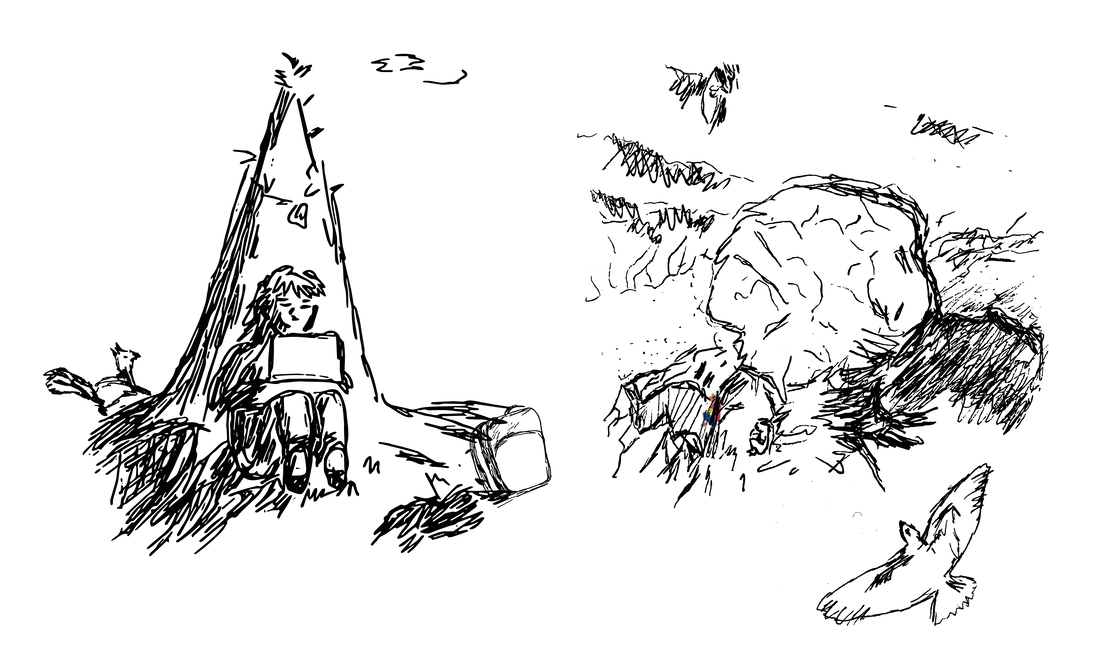
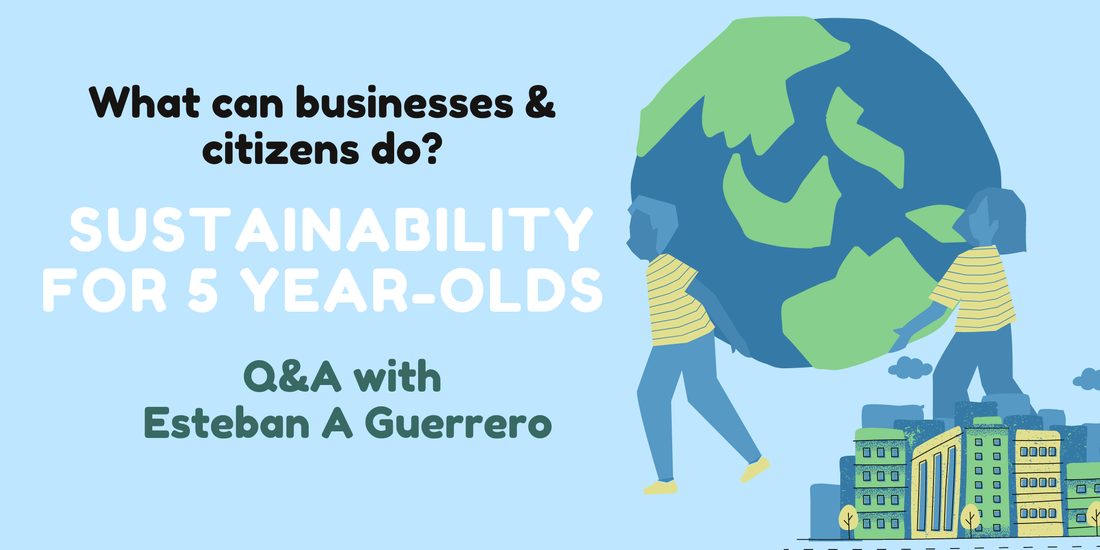
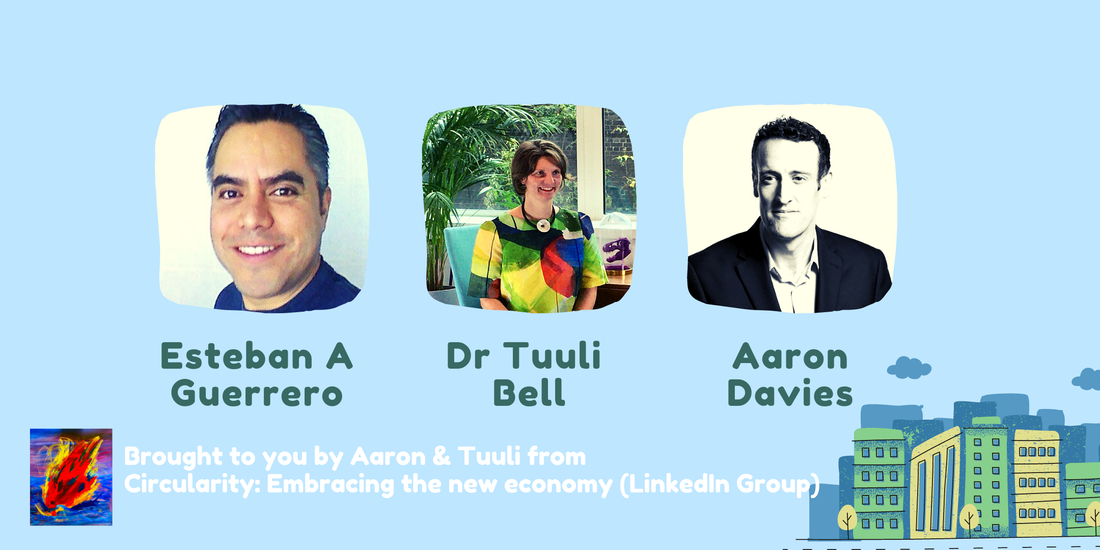
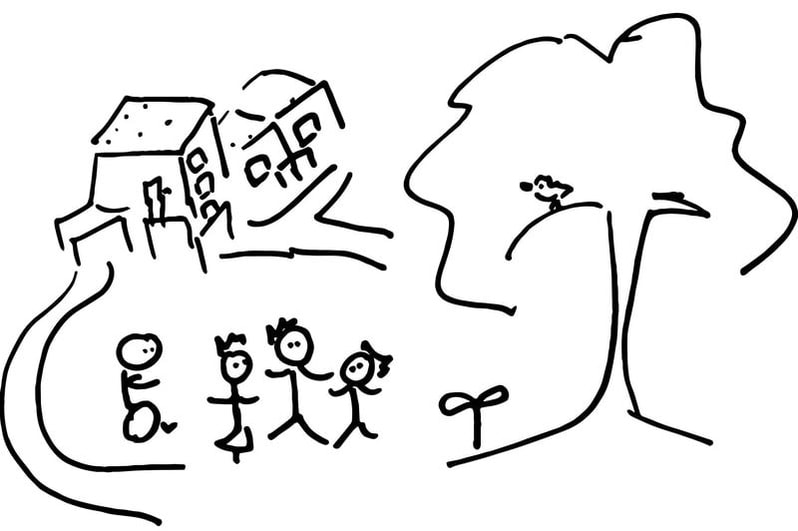
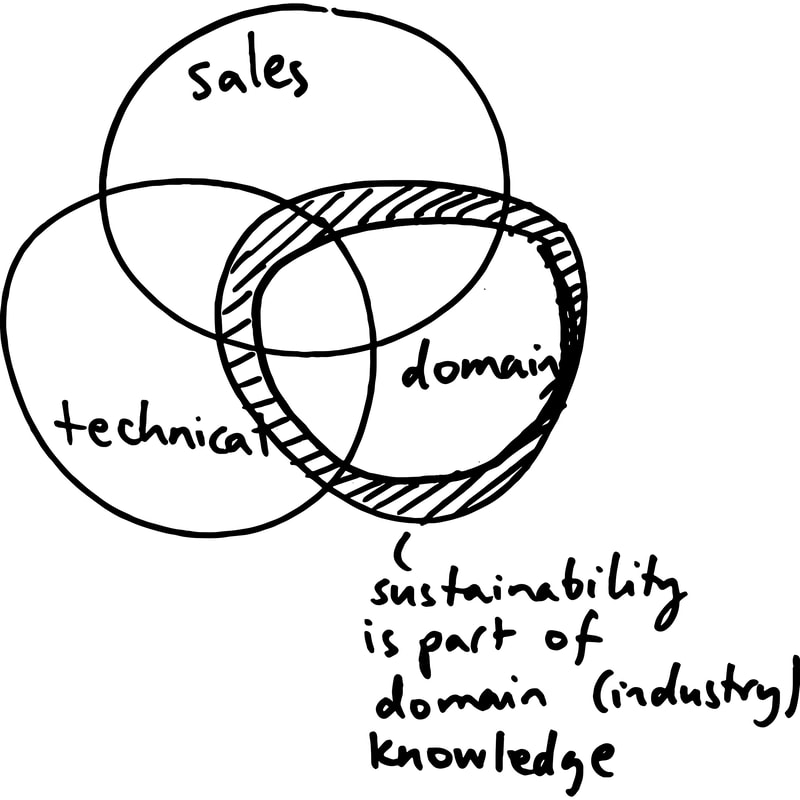
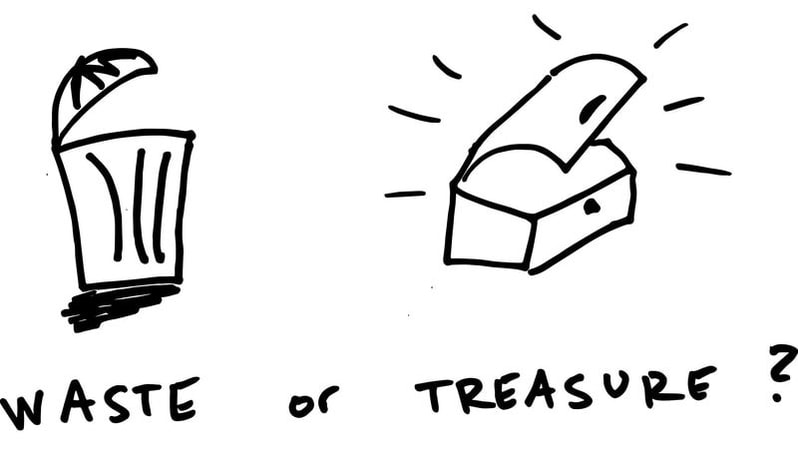

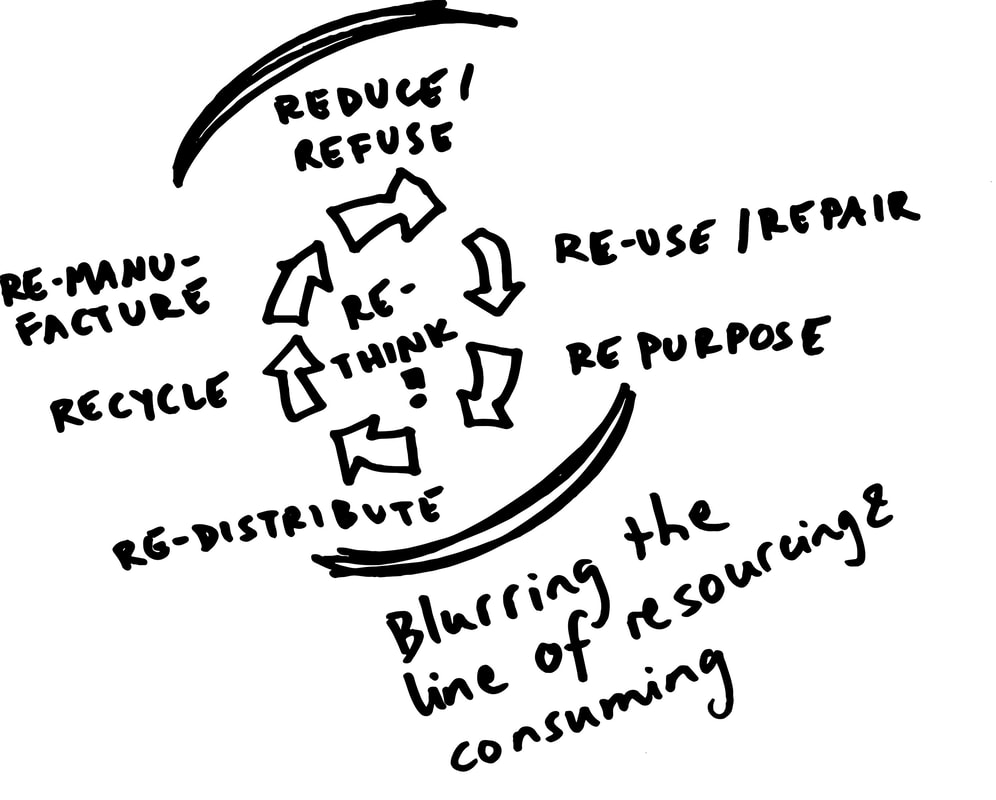
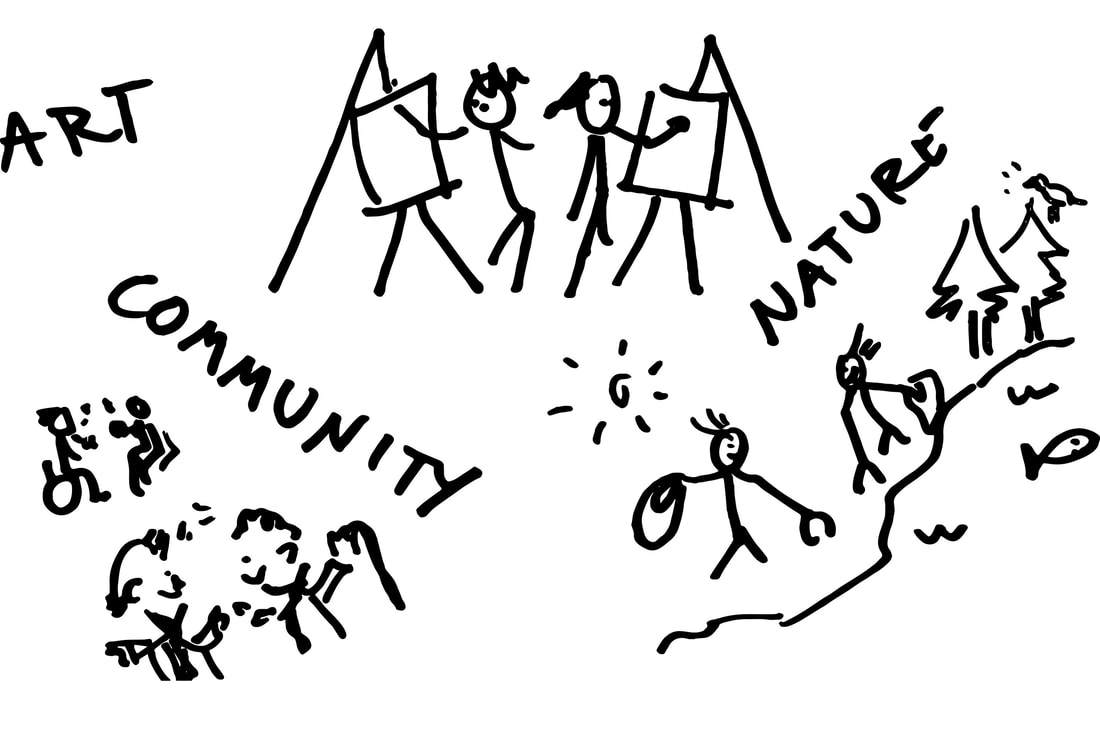
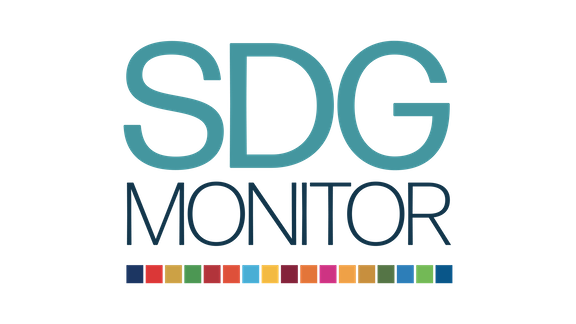
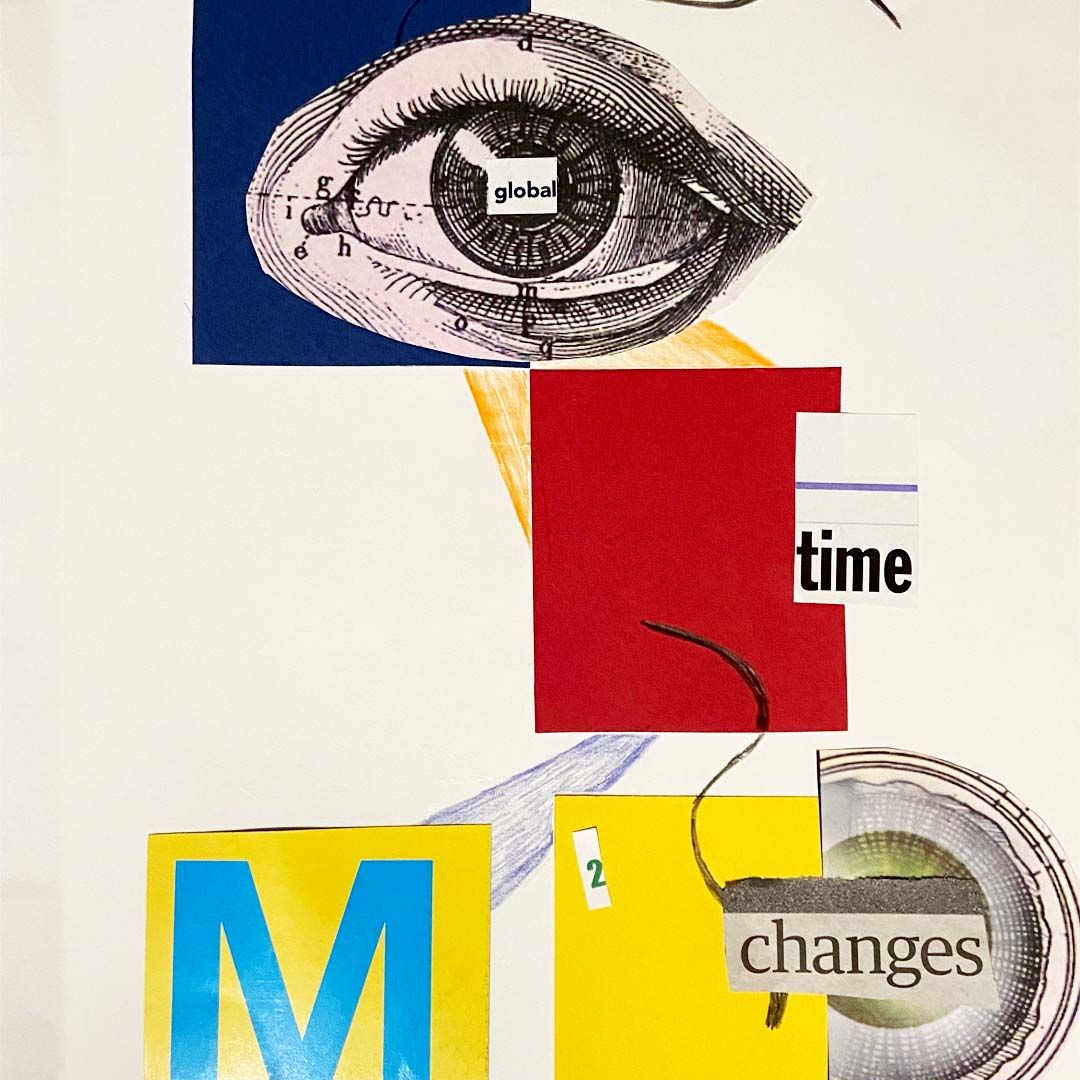
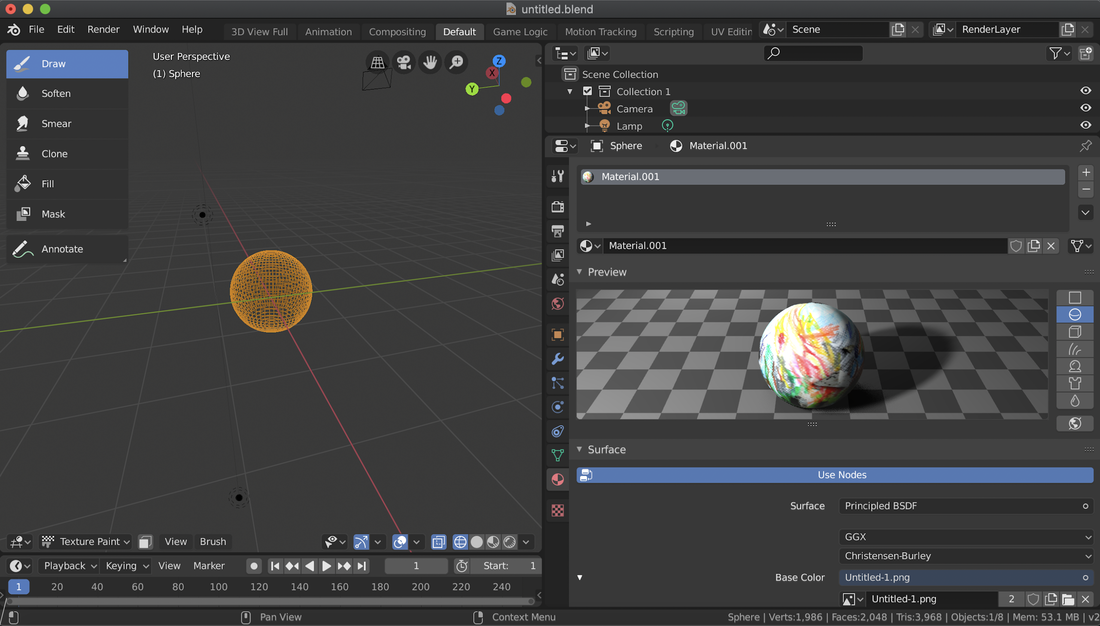
 RSS Feed
RSS Feed